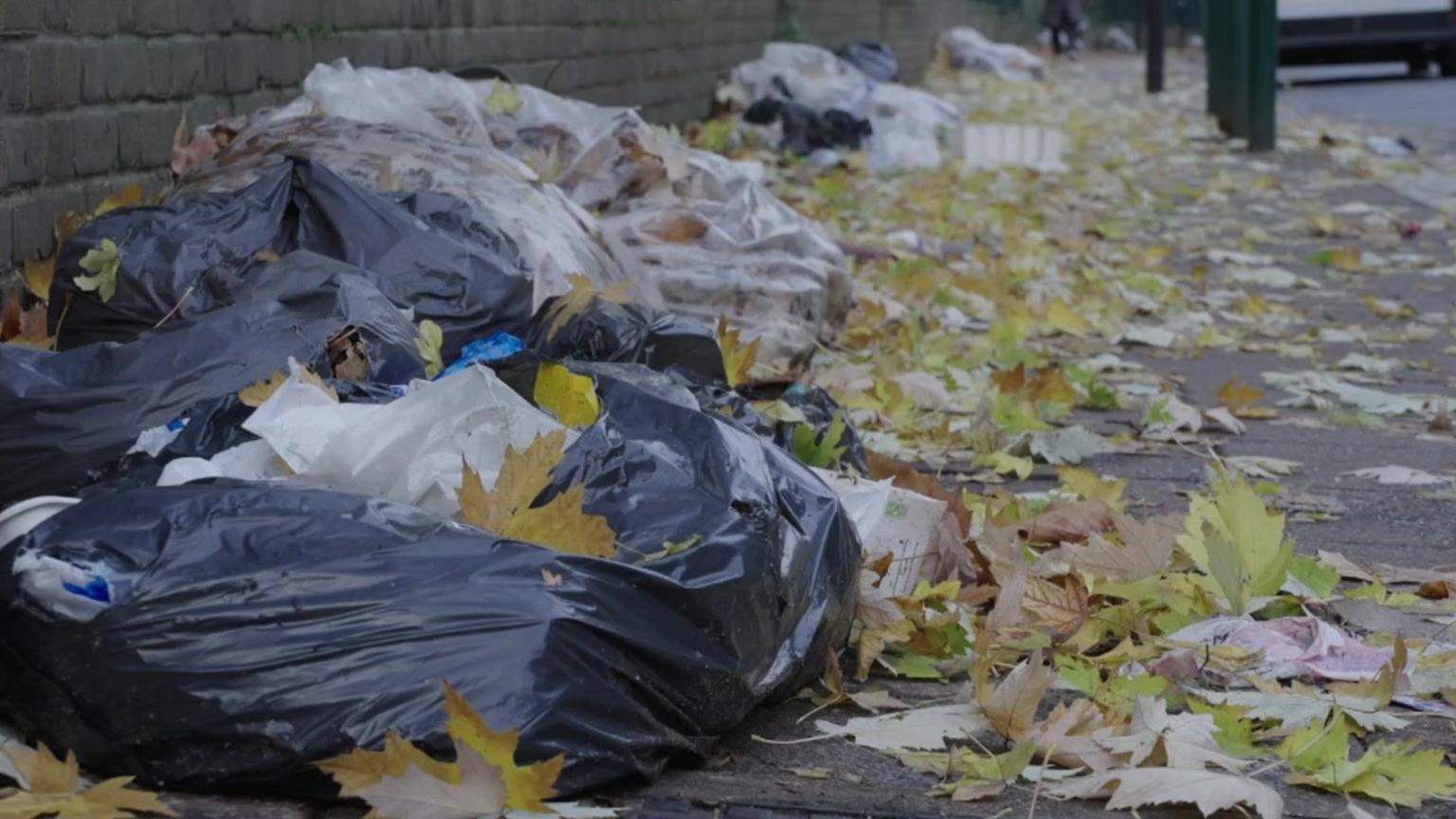'No time is a good time to be homeless'
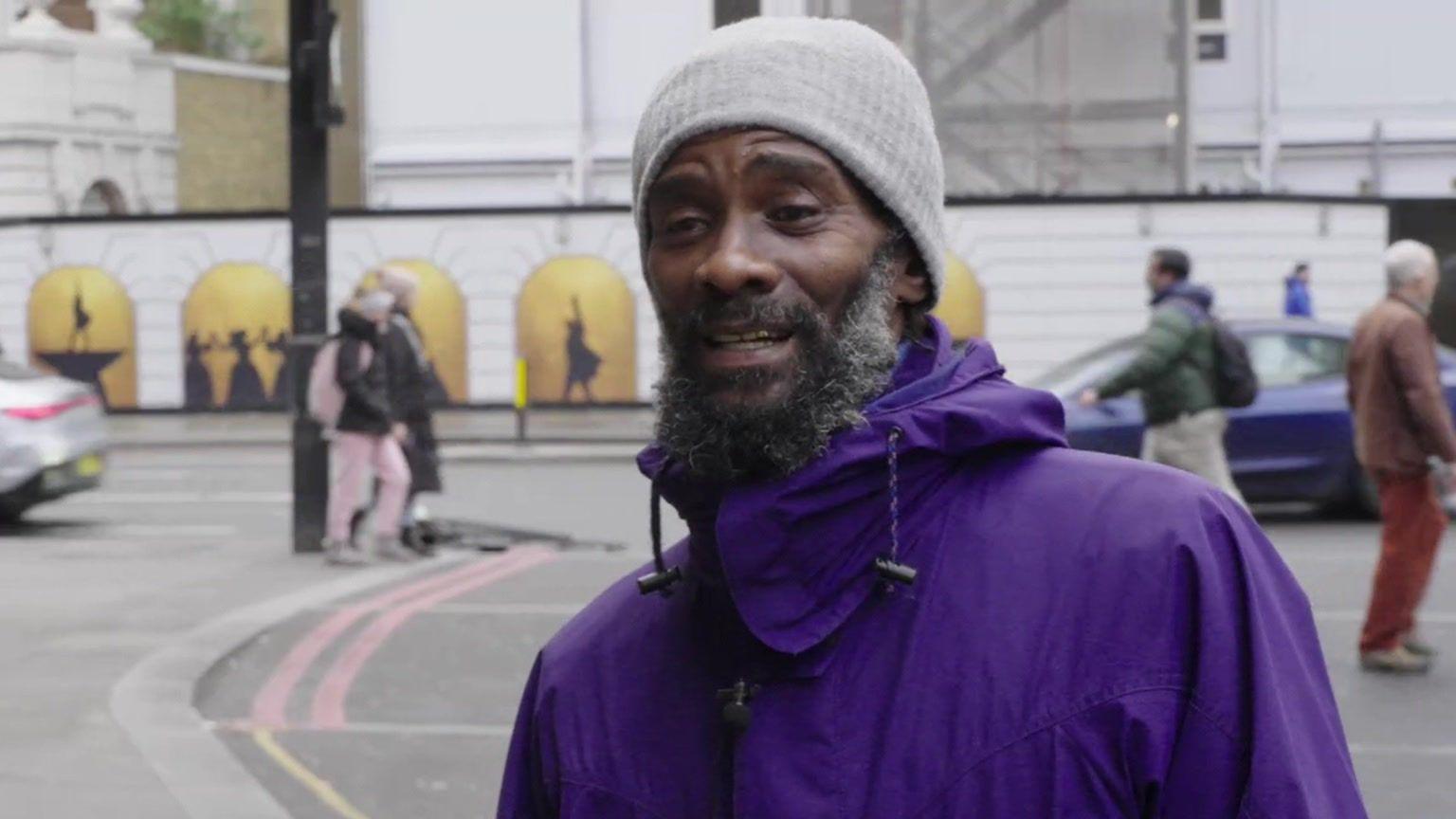
Tony, who was previously rough sleeping in London, says cold weather conditions are a concern for anyone on the streets
- Published
Tony, who spent three or four months sleeping rough in central London, described his experience as "very horrible".
"No time is a good time to be homeless. It's a place that I never want to be again."
London's severe weather emergency protocol was reactivated on Tuesday, meaning charities tried to take homeless people into hostels and night shelters.
Last year, more people slept on the streets in London than the year before.
A total of 4,780 rough sleepers were counted between July and September 2024, according to the combined homelessness and information network.
It's the highest quarterly number since they began recording data 15 years ago.
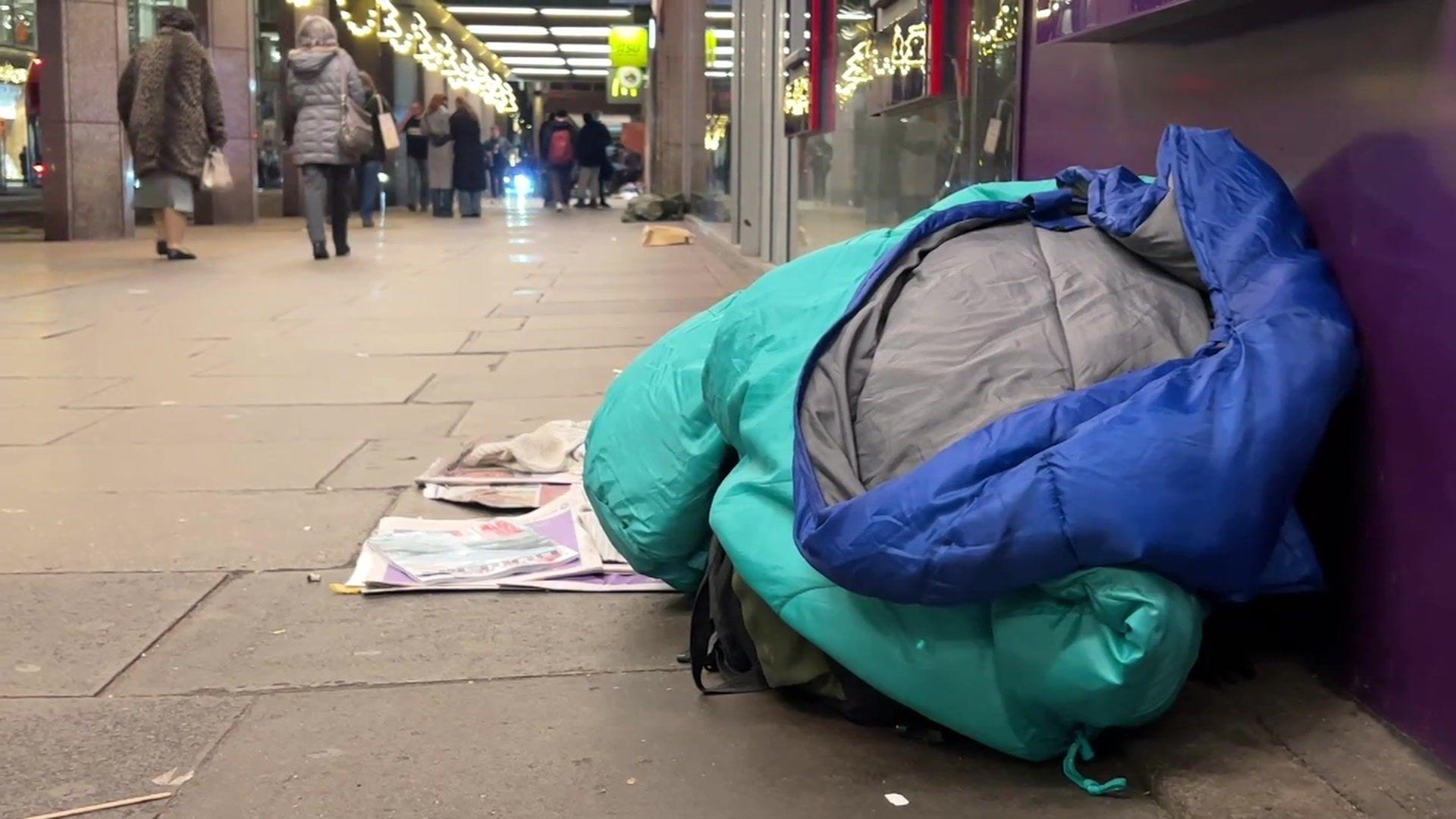
A total of 4,780 rough sleepers were seen on London's streets between July and September 2024
Tony is no longer homeless, but his memories of that time are still vivid.
He said: "No time is a good time to be homeless, but the winter, especially January, February and forecast of snow at the minute - not a good look."
One homeless man in Victoria told BBC Politics London: "There could be a chance I could get hypothermia or pneumonia or something like that.
"We are due to get some horrible, freezing cold weather."
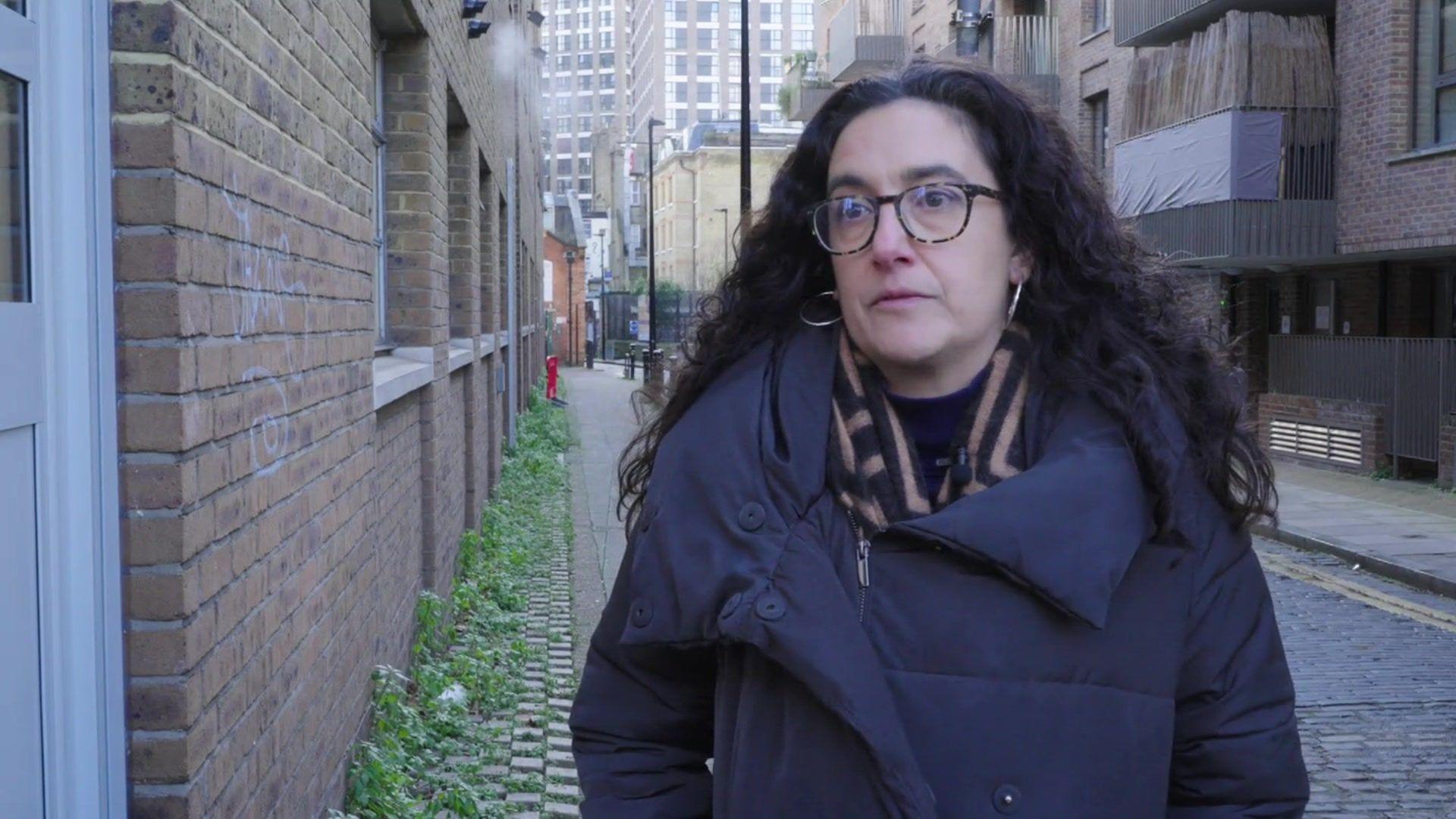
Francesca Albanese, director of policy at Crisis, said the need for homelessness support is rising
In December, the London mayor Sadiq Khan announced extra funding for homelessness charities so they could extend their Christmas accommodation to the end of January.
"The need is going up, but it is particularly awful in the weather that we are seeing at the moment," said Francesca Albanese, director of policy at Crisis.
"It's really cold, very serious for individuals who are forced on to the streets and we need to make sure that we keep people safe at this time.
"We are working with people at the moment, we're accommodating people in our hotels and then looking at how we can provide one-to-one support for people and making sure we look at what options there are beyond the hotel."
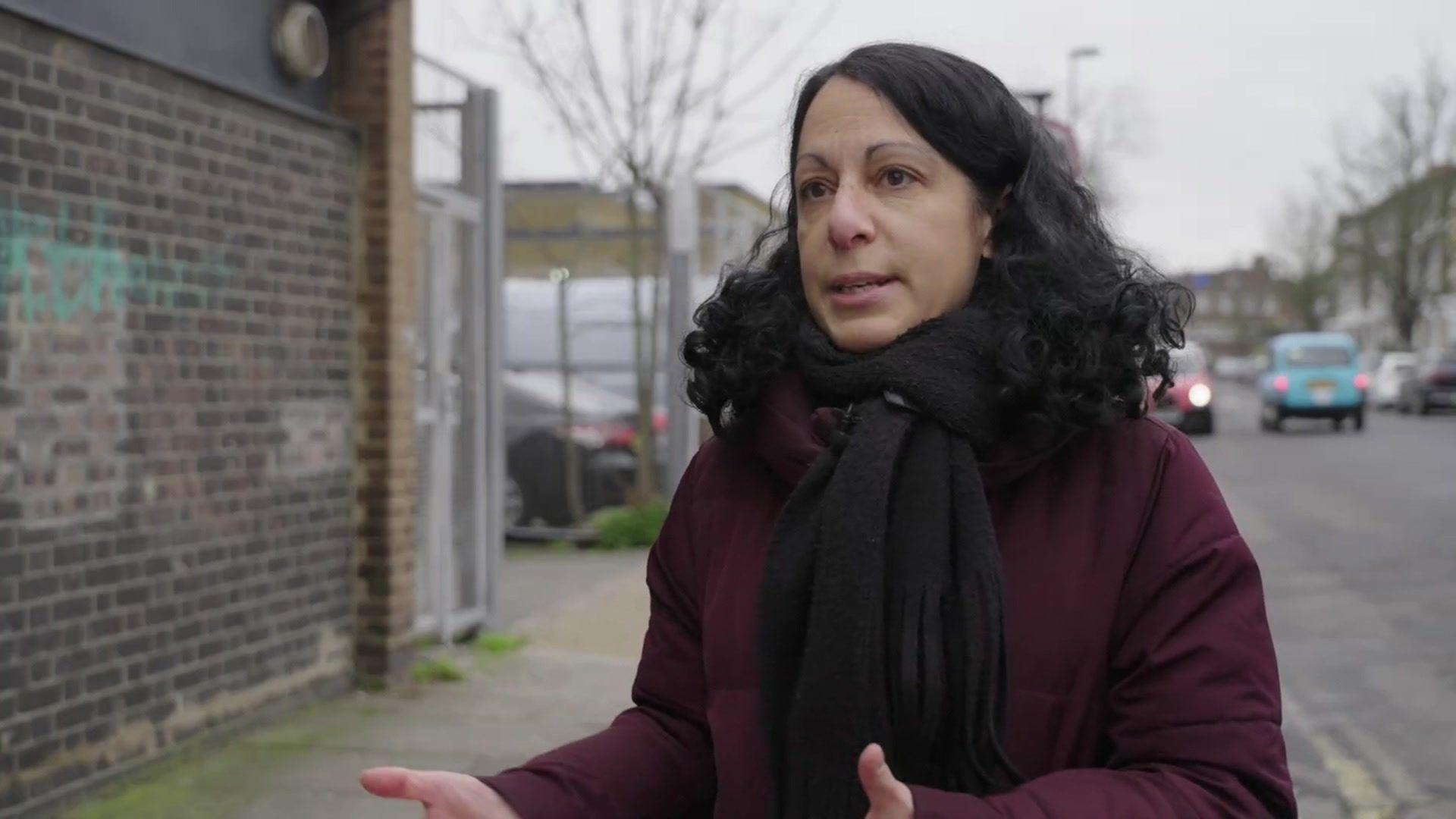
Emma Haddad, chief executive of St Mungo's, said the focus needed to be on prevention of homelessness
Charities said the government has put much needed millions towards ending homelessness, but the focus needs to be proactive rather than reactive.
"What it feels like we are doing at the moment, and have done for the last couple of years, is responding to a crisis," said Emma Haddad, chief executive of St Mungo's.
"What we need to do is shift the whole system upstream, looking at why people become homeless in the first place and looking at how you can prevent that happening.
"So what are the causal factors? What are the risk factors? What can you notice that's going on before someone becomes homeless?
"And then you're into crisis response."
Watch the full story on BBC Politics London at 10:00 GMT on 12 January or on iPlayer.
Listen to the best of BBC Radio London on Sounds and follow BBC London on Facebook, external, X, external and Instagram, external. Send your story ideas to hello.bbclondon@bbc.co.uk, external
Related topics
- Published1 December 2024
